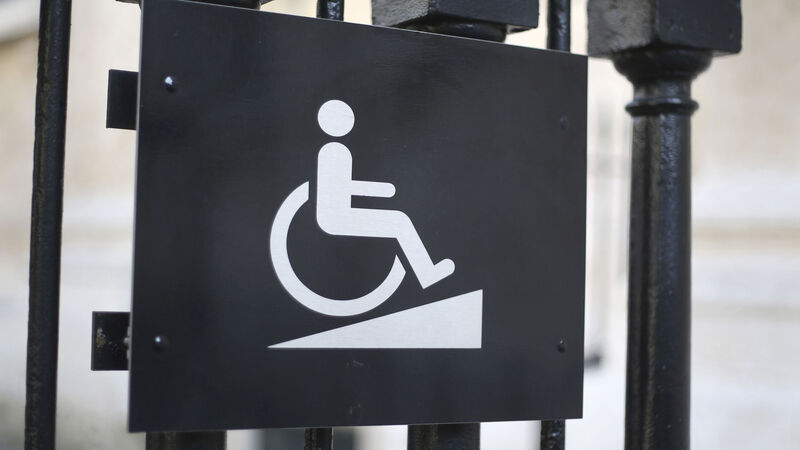Letters to the Editor: My disability doesn’t stop me working, the State does

As someone with a non-visible disability, with the ability to write a letter, and more, there’s a paternalism on show towards people like me, at best, and outright hostility for my situation in some cases, one reader says.
Beyond the basic, very necessary medical care for people with disabilities — often hamstrung by resourcing despite doctors, nurses, occupational therapists, speech and language therapists, psychologists, physios, secretaries, and on, and on, all trying their very best — disabilities encompass a vast and wide range of conditions. The array of disabilities means the State is in no way capable of the nuance necessary to deal with the breadth of issues people face. Not without a serious rethink of how people with disabilities are treated.








